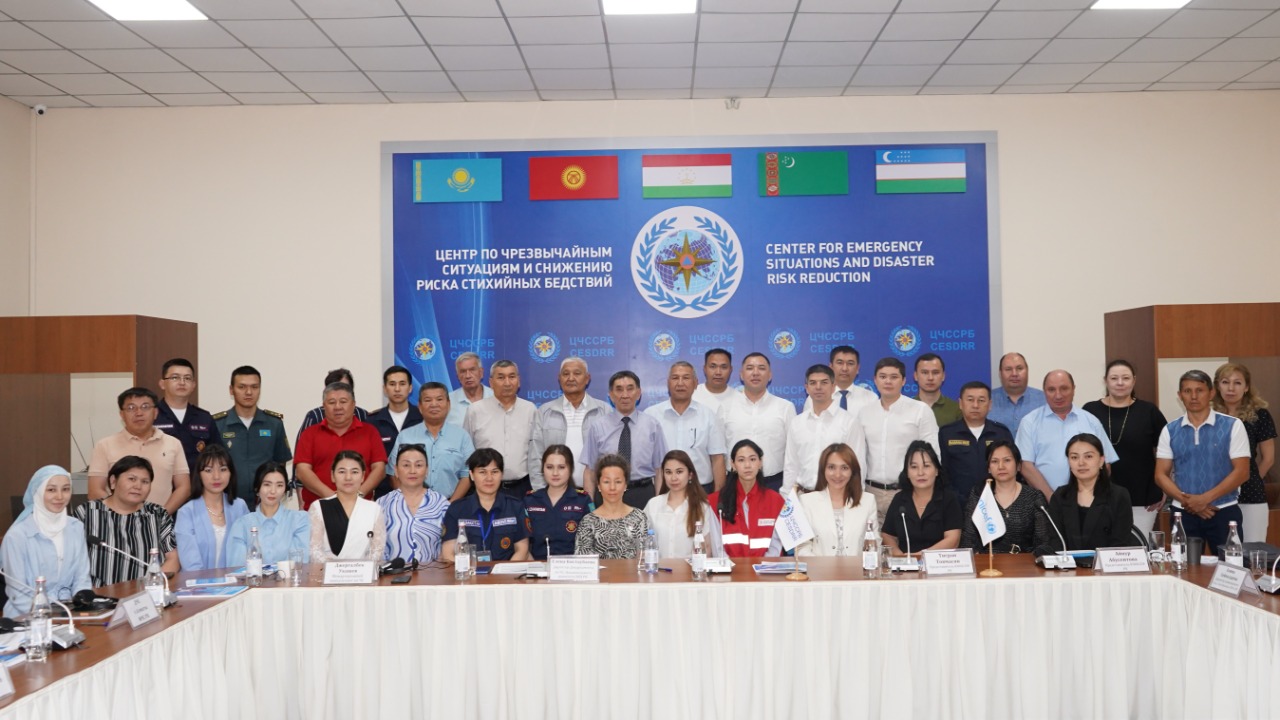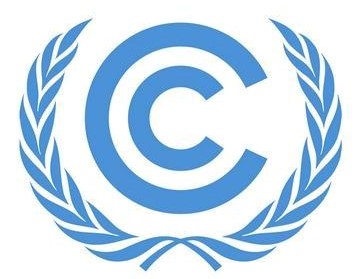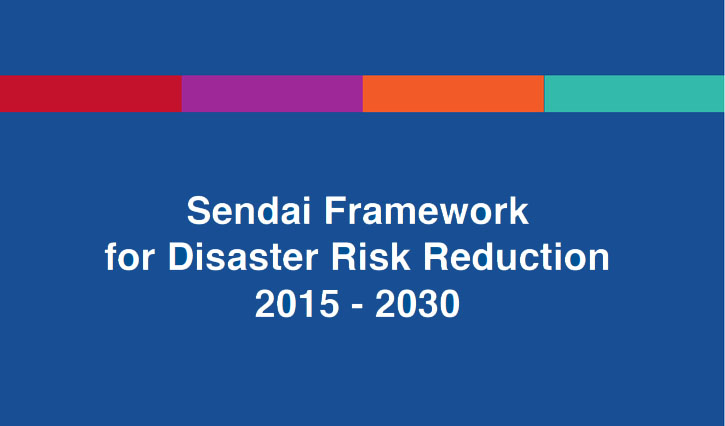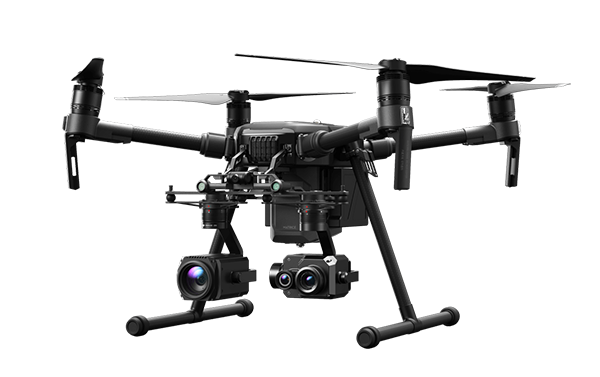Increased stakeholder capacity on access to water, sanitation and hygiene in emergency situations
On June 20, on the basis of the Center, as part of the implementation of the joint project with UNICEF “Increasing the capacity of the emergency, health, education, social protection, and internal affairs sectors on the Core Commitments for Children in Emergencies for 2022-2023.” with the support of the USAID Bureau of Humanitarian Assistance, the Center conducted a training on capacity building of stakeholders on issues of access to water, sanitation and hygiene (WASH) in emergency situations.
The training was held in a hybrid format. The training was attended by representatives of the Ministry of Emergency Situations of the Republic of Kazakhstan and territorial divisions, Akimats of cities and regions, the Department of Health, the Department of Education, the Departments of Sanitary and Epidemiological Control, the Department of Energy and Water Supply, the Department for the Development of Communal Infrastructure, the Department of Employment and Social Programs, the Rescue Service for Almaty , Utilities of the city, Branches of the Red Crescent Society, UNICEF in the Republic of Kazakhstan.
The total number of participants in the training was 191 people, of which 36 were offline and 155 online.
The participants of the training were presented with:
1. Experience on access to water, sanitation and hygiene in emergency situations in the region of Europe and Central Asia.
2. Tools for rapid assessment of the needs of the population affected by disasters and tools for monitoring and assessing the situation after providing assistance to the population, in terms of access to WASH.
3. Review of existing tools for WASH in emergencies.
4. WASH standards in emergencies:
- water supply, sanitation and hygiene in emergency situations;
- sewage disposal in emergency situations;
- vector control;
- Disposal of solid waste in emergencies.
The training was held in an interactive form, which made it possible to listen and take into account the opinions and recommendations of the training participants, who noted the need to amend the current legislation of the Republic of Kazakhstan, which regulates the minimum life support standards for the population located in the emergency zone in terms of WASH in accordance with international standards.
At the end of the training, group practical exercises were held with the involvement of the training participants in planning actions for WASH, assessing the needs of the population affected by emergencies, monitoring and assessing the situation after providing assistance to the population.
The participants of the training noted the relevance of the training, an interesting format and expressed their intention to disseminate the knowledge gained in their teams.
The training provided will strengthen the capacity of stakeholders and relevant partners on WASH in emergencies based on the ECARO (UNICEF Regional Office for Europe and Central Asia) training package and new Kazakhstani tools on WASH in emergencies.





















